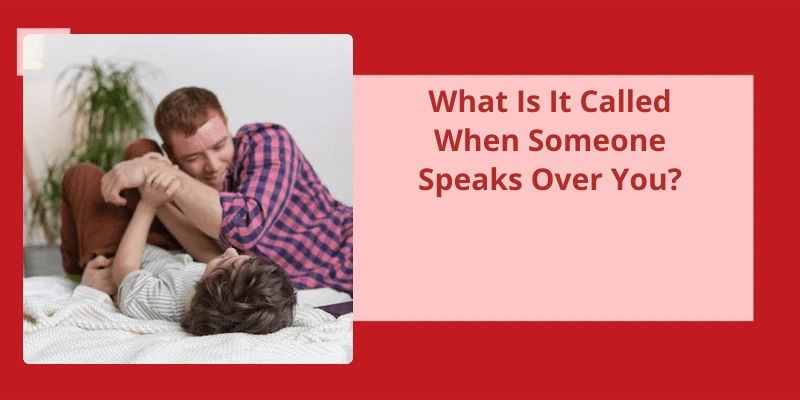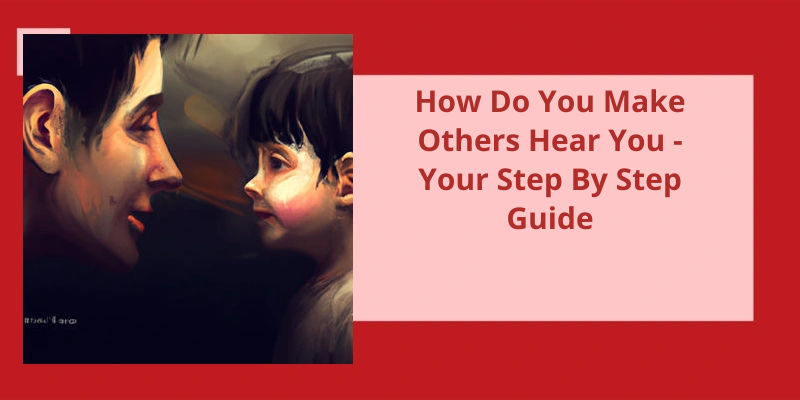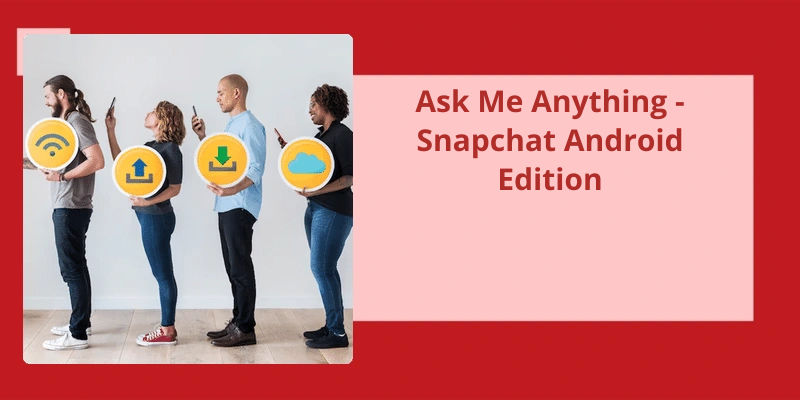The phrase "I thought you ghosted me" has become increasingly common in modern dating vernacular, especially within the realm of online interactions. Ghosting itself is a rather contemporary term that encapsulates the act of abruptly severing all communication with someone, leaving them bewildered and without any explanation for the sudden disappearance. It’s a phenomenon that embodies both the emotional turmoil and confusion experienced by the person being ghosted. Even when they muster the courage to reach out to the ghoster to seek closure or re-establish contact, their attempts are met with an eerie silence that further adds to their frustration and sense of rejection.
What to Say When Someone Says You Ghosted Me?
When someone says to you, “You ghosted me,” it can be quite disheartening. It’s not a pleasant feeling to be on the receiving end of that accusation. Instead of getting defensive or dismissive, it’s important to acknowledge the hurt feelings and address the situation with honesty.
One way to respond is by expressing how you feel about being accused of ghosting. You can say, “It doesn’t feel great to be ghosted. I wish you couldve just told me how you feel.”. By using “I” statements, you’re emphasizing your emotions and showing vulnerability. This approach may help the other person understand the impact of their accusation on you.
It’s crucial to be honest about your hurt feelings and explain the investment you’d in the relationship. If you feel that you’d a genuine connection and had invested time and effort into the relationship, let the person know. Say something like, “Im really disappointed to hear you feel that way. We’d such great communication before, and I genuinely enjoyed getting to know you.”
While it’s important to validate your own feelings, it’s also essential to remain open to hearing the other persons perspective. Give them an opportunity to express their feelings and concerns. It’s possible that there was a miscommunication or misunderstanding that caused them to think you ghosted them. By actively listening and being open-minded, you can create space for a healthy dialogue and potentially resolve any issues.
Lastly, it’s crucial to maintain a respectful and understanding demeanor throughout the conversation. Even if the accusation of ghosting feels unjustified, try not to attack or blame the other person. Instead, focus on expressing your own feelings and seeking clarification on their perspective. By approaching the conversation with empathy and compassion, you increase the chances of finding a resolution or gaining a better understanding of each others feelings.
How to Recognize and Prevent Ghosting in Relationships
Ghosting in relationships refers to the sudden and unexplained disappearance of one person from another’s life. It can happen in various contexts, such as romantic relationships, friendships, or even professional connections. When someone says, “I thought you ghosted me,” it means that they believed the other person had intentionally cut off all communication without any explanation.
To recognize ghosting, it’s important to pay attention to sudden changes in communication patterns. If a person who was once consistently responsive and engaged starts becoming distant or stops replying altogether, it could be a sign of ghosting. Additionally, if they avoid making plans or consistently cancel without valid reasons, it may also indicate that they’re gradually pulling away.
To prevent ghosting, open and honest communication is key. Clearly express your expectations and needs in the relationship. If you feel the other person is becoming distant, address the issue directly and ask for clarification. However, it’s essential to remember that you can’t control someone else’s actions or emotions. If someone decides to ghost you regardless of your efforts, it may be a sign that they aren’t emotionally available or mature enough for a healthy relationship.
The experience of being ghosted can be challenging and hurtful, leaving us with unanswered questions and mixed emotions. When faced with a situation where someone unexpectedly reaches out after a period of silence, it’s natural to have a variety of responses. Some may choose to establish boundaries before resuming communication, while others may be curious about the reason behind the sudden re-engagement. Additionally, seeking an apology or clarification regarding the prolonged silence might be important to address unresolved feelings. On the other hand, it’s also possible for confusion to arise, especially if the person reaching out isn’t immediately recognized or remembered.
How Do You Respond to Someone You Thought Ghosted You?
– It can be a confusing and hurtful experience when someone you thought ghosted you suddenly reaches out. You may feel a mix of emotions ranging from anger and confusion to curiosity and even relief. In order to navigate this situation, it’s important to establish some ground rules before jumping into a conversation. – Begin by acknowledging the past and the fact that being ghosted didnt feel good. Let the person know that you need to establish some rules before you can comfortably start talking again. This sets the tone for open communication and ensures that your boundaries are respected. – If you decide to respond, a good approach could be to express surprise and curiosity about their sudden reappearance. You might say something like, “Wow, it’s been a while. What prompted you to reach out?”. This gives them the opportunity to explain themselves and could provide insight into their actions. – Depending on how the conversation unfolds, you might find it necessary to ask for an apology. After all, being ghosted can be disrespectful and hurtful. While it’s ultimately up to you to decide if you want to continue engaging with this person, requesting an apology can be a way to assert your worth and set a precedent for future interactions. – Alternatively, you could take a more lighthearted approach by responding with humor. For example, you might jokingly say, “Ohh okay, so you didnt lose your phone? Good to know.”. This allows room for a more light-hearted conversation and may help defuse any tension that may have built up. – Ultimately, the way you respond to someone you thought ghosted you’ll depend on your own feelings and the level of importance you attribute to the relationship. Remember to prioritize your well-being and establish clear boundaries before deciding whether or not to engage further in conversation. Dont be afraid to assert yourself and ask for an explanation if needed.
Conclusion
Ghosting has become a common occurrence in relationships, characterized by the sudden and unexplained cessation of communication. The phrase captures the frustration and confusion experienced by the person who feels abandoned and left in the dark. It reflects the longing for closure and understanding in a situation where silence prevails. This colloquial term encapsulates the ambiguity and emotional turmoil associated with modern dating, highlighting the need for open and honest communication in order to foster healthy and fulfilling relationships.






